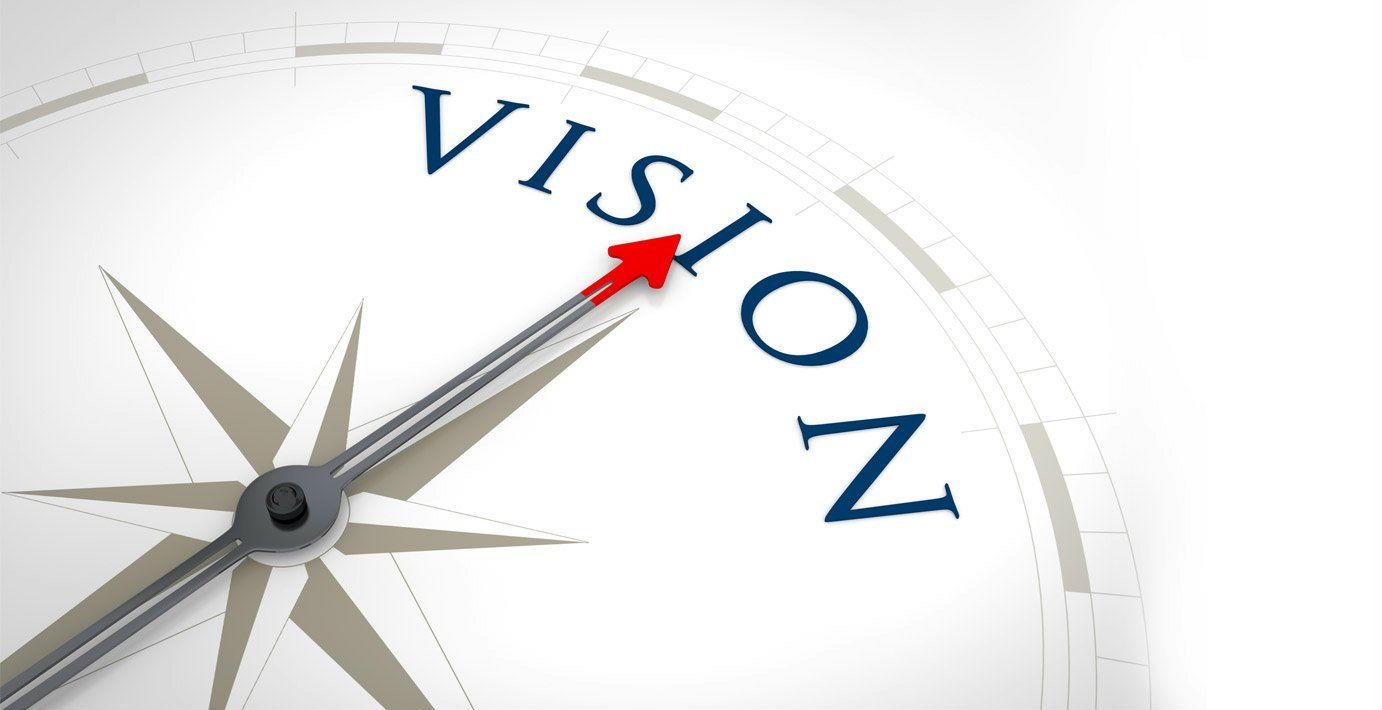
A Gentile’s Guide To The Jewish Holidays
Why do Jewish holidays keep changing schedules? Jewish vacations actually occur on a single day each year: the same day on the Jewish calendar! The Jewish calendar has a different number of days than the calendar you use because the Jewish calendar is linked with the moon’s cycles rather than the sun. Each year The Jewish calendar loses about 11 days in accordance with the solar calendar, a month every several years but makes up for it by adding.
As an outcome, the holidays don’t always fall on the same day, month, or two but they always fall within the same. The Chinese calendar (which is also lunar) works the same way, which explains why Chinese New Year occurs on different days but is always in late January or early February. The Muslim calendar is lunar but will not add months, which explains why Ramadan circles the calendar. When will a Jewish Vacation End and begin?
How long is a Jewish holiday? It depends on who you ask! In ancient times, because of confusion about the calendar, a supplementary day was added to some holidays. In modern times, some branches of Judaism have abandoned this custom, returning the holidays to the distance specified in the Bible. Each day to certain holidays Other branches continue the ancient tradition of adding.
- Be consistent
- Instal a water alarm will also let you know if water is accumulating in your cellar
- Become part of a little, excellent and international team with experienced QA support
- Principal host to your business
- Human Capital Management, which handles payroll and other functions that HR oversees
- Conformed (enterprise-wide common and comparable data)
Thus for some Jews, Thursday is any occasion but Friday is not, while for others, thursday night and Friday are holidays both. Adding to the confusion is the fact a Jewish “day” starts at sunset, and holidays start the evening before the day on your secular calendar. The holidays discussed are not necessarily the most crucial Jewish holidays below, but they will be the holidays that are most commonly observed by American Jews, and they are the holiday season that American Jews will expect one to know about.
This holiday commemorates the Exodus from Egypt. If you’ve seen Cecil B. DeMille’s “The Ten Commandments,” you know the story plot of Passover then, pretty much. Passover is celebrated for seven or eight days (depending on your branch of Judaism) starting on the night time of a complete moon in April. Passover usually overlaps with Easter, though sometimes Passover occurs a month after Easter. Almost all American Jews observe Passover somewhat, even only if to go to their parents’ house for a ritual dinner (called a Seder, pronounced SAY-der) on the first and/or second nights the vacation.
Strictly observant Jews do not work, go to school or perform any business on the first two and last two days of Passover (first 1-day and last 1 day for a few branches). This is a requirement of Jewish laws; however, only about 10% of the American Jewish people observes this guideline strictly. Most American Jews will continue to work through Passover, off the day before Passover although many may choose to take time, to prepare for the best family dinner. To place this in perspective: imagine if you had to work during the day of Thanksgiving, plan Thanksgiving dinner after getting home from work then.
Remember that Passover, like all Jewish holidays, starts the night before the date that it appears on your calendar. Year Rosh Hashanah is Jewish New, your day when the year number on the Jewish calendar increases. Day and Columbus Day It occurs between Labor. It lasts for just one or two days, depending on your branch of Judaism.
Rosh Hashanah is a happy, festive holiday, season but relatively more solemn than American New. Like American New Year, it is a period to look back at the past year and make resolutions for the following year. Additionally it is a wake-up call, a time to start mental preparations for the upcoming day of Atonement, Yom Kippur.







-
-
54 years
Tagged business